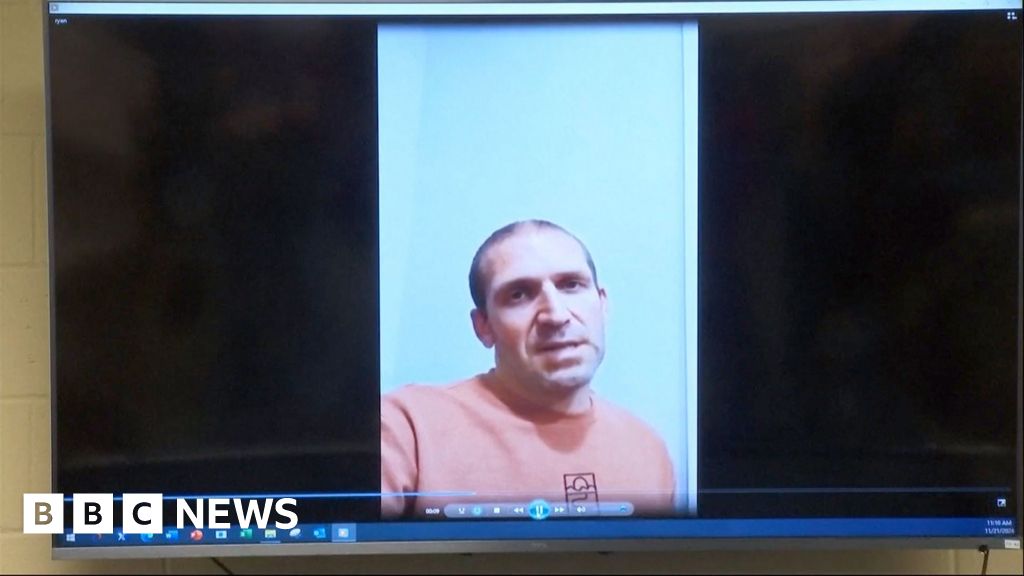Rishi Sunak
’s Conservative Party is heading for an electoral wipeout in the UK general election on July 4, according to three major polls on Wednesday, including one that projected even the premier will lose his seat.
Seat-by-seat analysis by Savanta and Electoral Calculus for the Daily Telegraph found the Tories are on track to win just 53 seats in next month’s vote, an all-time low for the 190-year-old party.
YouGov put them on 108 seats — which would also be a record — while a More in Common survey for the News Agents podcast projected the governing party slipping to 155 seats. That would be 10 lower than in 1997, when the Conservatives last lost power to the
Labour Party
.
Any of those results would be devastating for the Conservatives, who like to style themselves as the UK’s natural party of government, likely ushering in a lengthy period in opposition. Even worse for Sunak, the Savanta survey shows him losing his own seat of Richmond and Northallerton — which would be unprecedented for a serving prime minister — though the Tory Arthur Balfour lost his seat in 1906, a month after resigning as premier.
“The Conservative party is set for the largest defeat in its history,” YouGov said in a statement. It said the governing party is set for “significant losses” in the South West, South East and East of England.
All three polls put Labour leader Keir Starmer easily on course to enter Downing Street as prime minister: More in Common said the opposition is heading for a 162-seat majority, which in itself is approaching the Labour’s best-ever election result, the 179-seat majority secured in 1997 by
Tony Blair
. YouGov projects a 200-seat Labour majority; Savanta has them with a 382-seat advantage.
Such numbers would have seemed fanciful just five years ago, when Labour slipped to its biggest electoral defeat since 1935 under Starmer’s left-wing predecessor, Jeremy Corbyn. More in Common sees Labour winning 406 seats, YouGov has them on 425 — a record — and Savanta sees them winning 516 seats — almost four in every five constituencies.
The trio of surveys all project the Liberal Democrats will make significant gains, recovering their status as the UK’s third party, which they lost in 2015 after being punished by the electorate for serving five years in coalition with the Tories. More in Common put them on 49 seats — up 38 on 2019’s tally, while YouGov put them on 67 — which would be a record. Savanta puts them on 50, almost level with the Tories.
YouGov sees Brexit campaigner Nigel Farage’s Reform UK party taking five seats, while the other two surveys have him winning none, despite recently overtaken the Tories in at least one national poll. A long fieldwork period may not have captured Reform’s recent rise in the polls, More in Common Director Luke Tryl said on the social media platform X.
Separately, a constituency poll by Survation in Clacton, where Farage is standing as a candidate, showed him easily winning the seat with 42% of the vote, compared with 27% for the Tory incumbent, Giles Watling. Survation said it polled 506 adults in Clacton on behalf of Arron Banks, a long-time ally of Farage.
While the More in Common survey projected a smaller Labour majority than other recent so-called multi-regression and post-stratification (MRP) modeling, a 162-seat majority would still be more than double that secured five years ago by former Tory Prime Minister
Boris Johnson
.
“The fact that this projection showing the Conservatives barely holding 150 seats is one of the most favorable to the Conservatives shows how deep a hole the party finds itself in — with barely two weeks to go for them to change the dial,” Tryl said in a statement.
Savanta found that in Richmond and Northallerton, Sunak is heading for a 29% vote share, compared to 34% for his Labour rival Tom Wilson. Still, the other two surveys see the prime minister retaining his seat relatively comfortably.

 5 months ago
16
5 months ago
16









